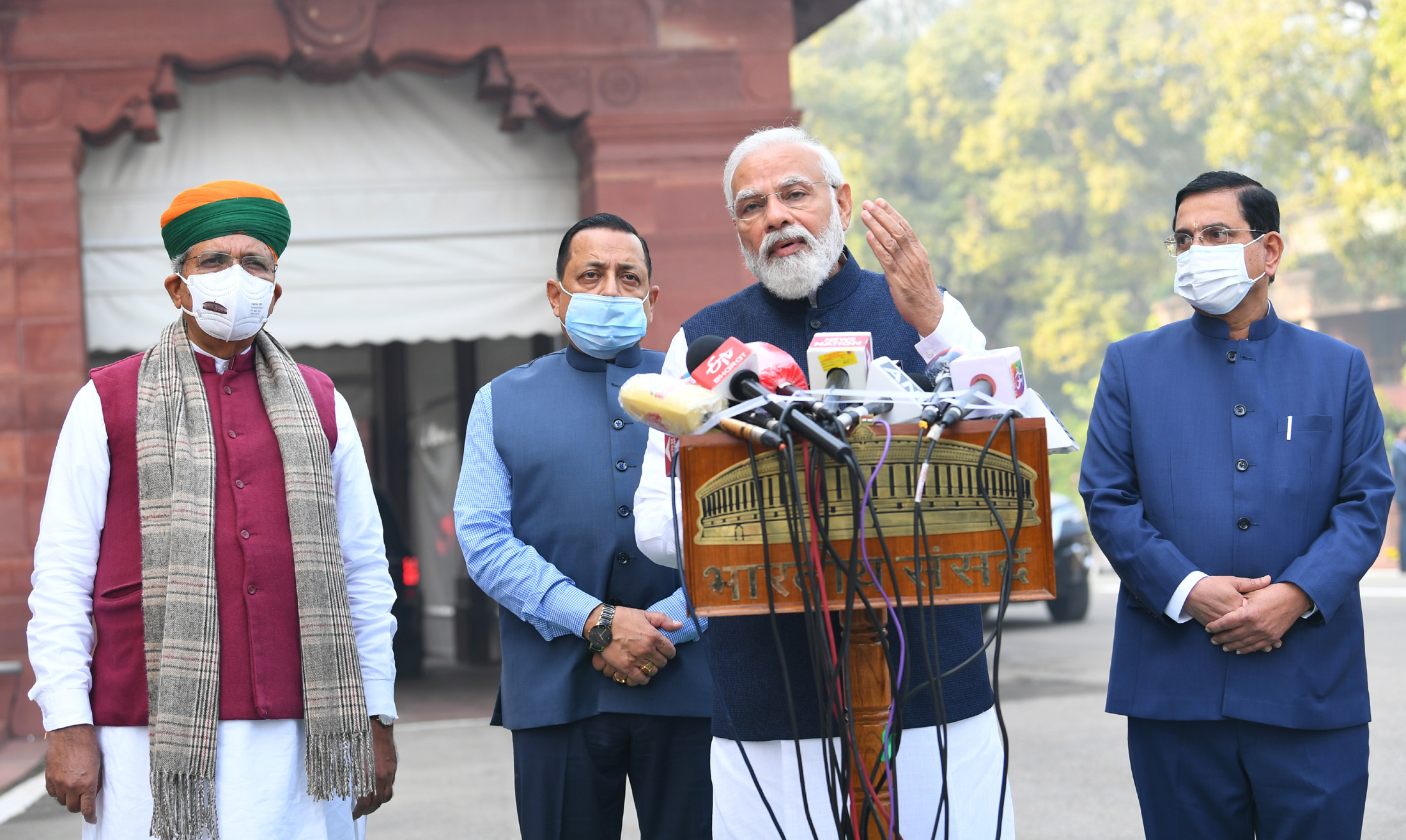Report by Ananya Singh
The Winter Session of the Parliament started on Monday, 29 November 2021.
It is held from mid-November to mid-December every year.
The session will conclude on 23rd December 2021.
According to the legislative agenda, as many as 26 bills and 3 ordinances have been listed to be presented during the month-long session. The bills to be presented are as follows:
The Cryptocurrency and Regulation of Official Digital Currency Bill,
Banking Amendment Bill,
High Court and Supreme Court Judges (Salaries and Conditions of Service) Amendment Bill,
Emigration Bill 2021- which will replace the Emigration Act 1983,
National Anti-Doping Bill 2021,
The Trafficking of Persons (Prevention, Protection and Rehabilitation) Bill, 2021, etc.
Other bills include the Indian Maritime Fisheries Bill, the National Dental Commission Bill, the Metro Rail (Construction, Operation and Maintenance) Bill and the Pension Fund Regulatory Development Authority (Amendment) Bill.
What is a Bill?
A bill is a proposed law. It is presented to be discussed in the Parliament and must be passed by both the Houses of the Parliament and signed by the President to
become a law.
What is an ordinance?
It is an executive order issued by the President. It holds the same force and effect as a Bill passed by the Parliament.
What is a Parliamentary Session?
A parliamentary session is a period when the Lok and Rajya Sabha houses meet to conduct business and discuss bills for the benefit of the country. In case a bill gets two-thirds majority in the Lok Sabha, it is passed and sent to the Rajya Sabha. The Rajya Sabha can resend the Bill to the Lok Sabha with changes but cannot reject the bill.
Once the changes are done, based on further discussions in the Lok Sabha, the Bill is sent to the President. The President is then required to sign the bill within 15 days after which it is made an official law.

